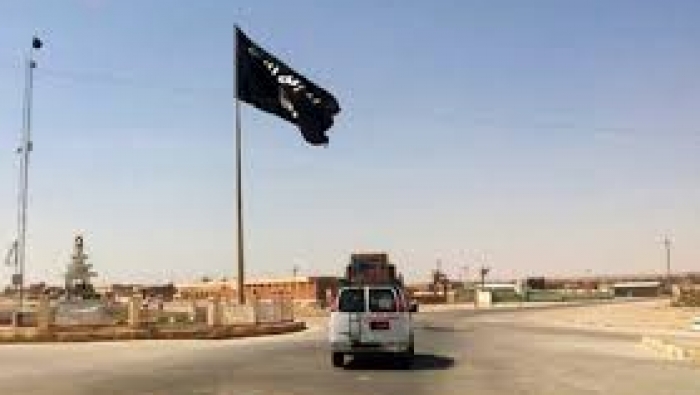BALADI NEWS
The Islamic State extremist group has been left with as much as $300 million following the loss of its so-called “caliphate” in Iraq and Syria, “with none of the financial demands of controlling territory and population,” Secretary-General Antonio Guterres said in a report released Monday.
The report to the Security Council on the threat posed by ISIS warns that the lull in attacks directed by the militant group “may be temporary.”
Last week, U.N. experts said in another report to the council that ISIS leaders are aiming to consolidate and create conditions for an “eventual resurgence in its Iraqi and Syrian heartlands.” It said the current lull in attacks “may not last long, possibly not even until the end of 2019.”
Guterres said in the new report that while the loss of territory ended the Islamic State group’s ability to generate revenue from oil fields and local people, ISIS is believed to be capable of directing funds to support “terrorist acts” within Iraq and Syria and abroad. It said informal money transfer businesses known as “hawaladars” are the most common method.
He said looted antiquities from Iraq may be another source of revenue for ISIS, also known as ISIL, and returnees from the conflict said there was a special unit responsible for selling such objects.
“Details of antiquities traded and the current location of any stored antiquities are assessed to be known only to ISIL leaders,” he said.
But the secretary-general said ISIS is also encouraging increased financial self-sufficiency throughout its network of supporters and affiliates elsewhere in the Mideast, Africa and Asia.
Guterres said the evolution of a covert ISIS network in Iraq at the provincial level since 2017 is being mirrored in Syria, with attacks increasing in government-controlled areas.
ISIS personnel, including some senior figures, “are also reported to have taken refuge in governorates where hostilities are ongoing,” the U.N. report said.
ISIS insurgency activity in Iraq, including the burning of crops, “is designed to prevent normalization and reconstruction, in the hope that the local population will ultimately blame the Iraqi authorities,” Guterres said. “A similar approach is anticipated in the Syrian Arab Republic.”
The report also highlights the continuing concerns posed by returning ISIS fighters and their families.
Source: Starts and Stripes.

